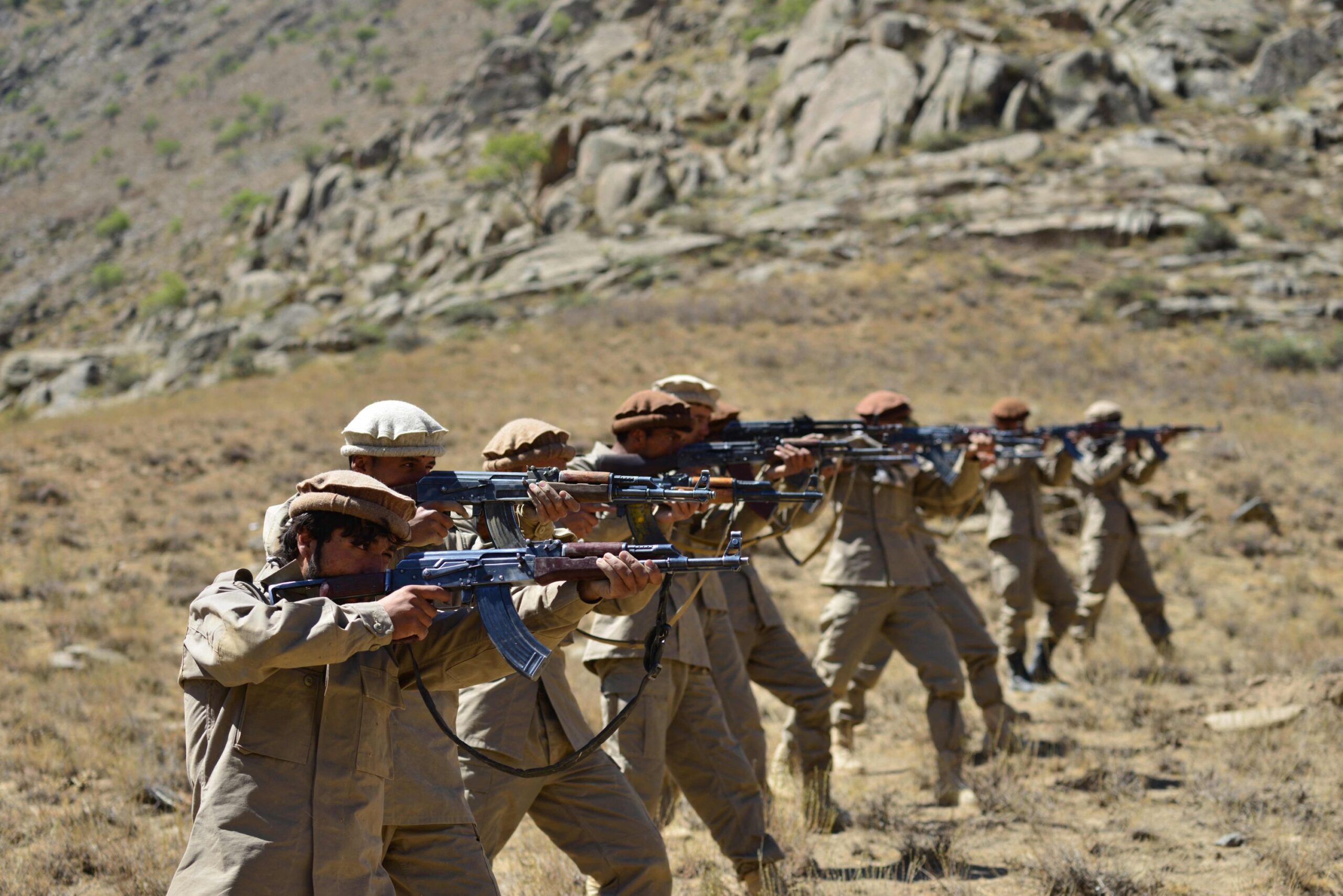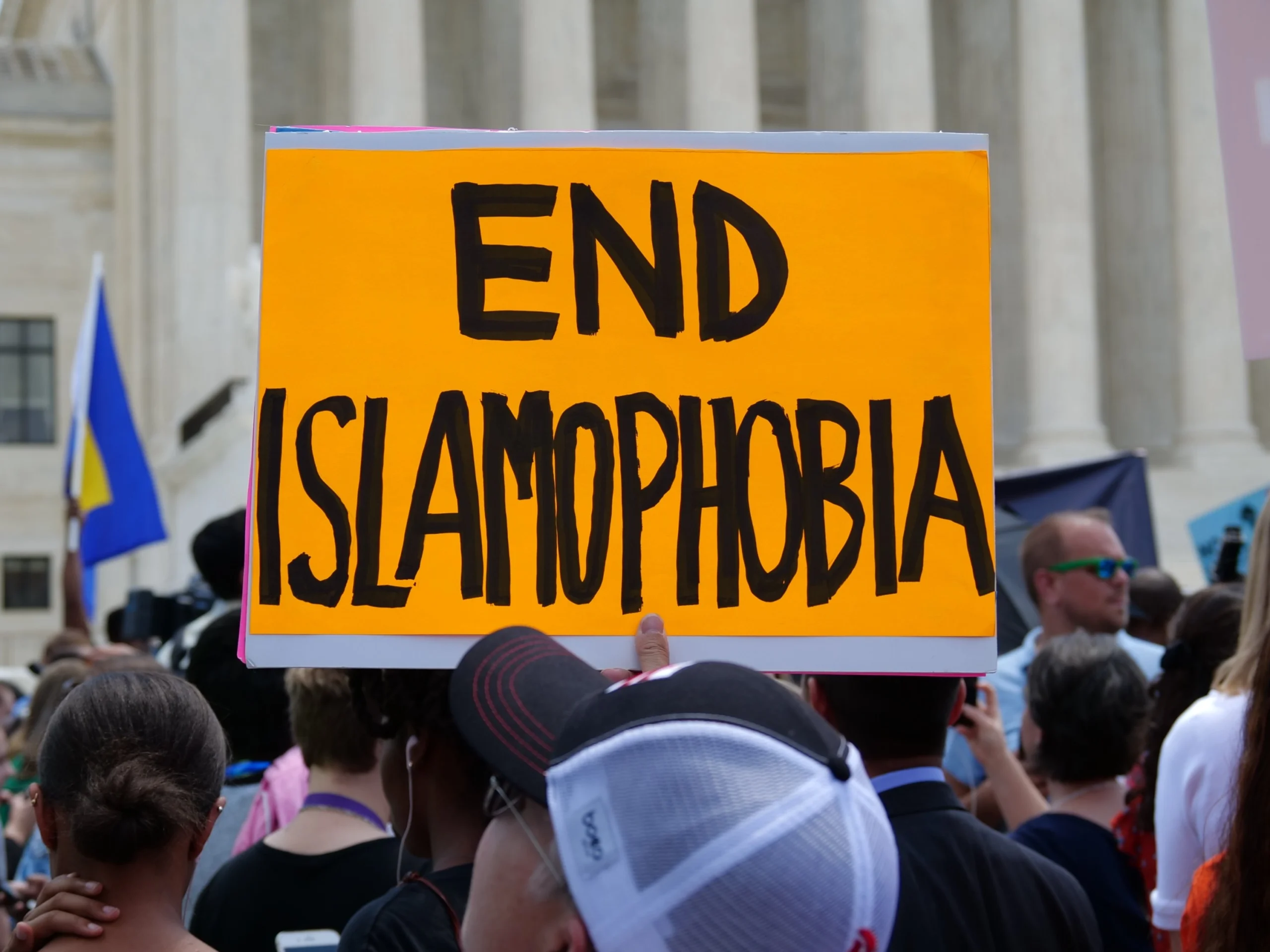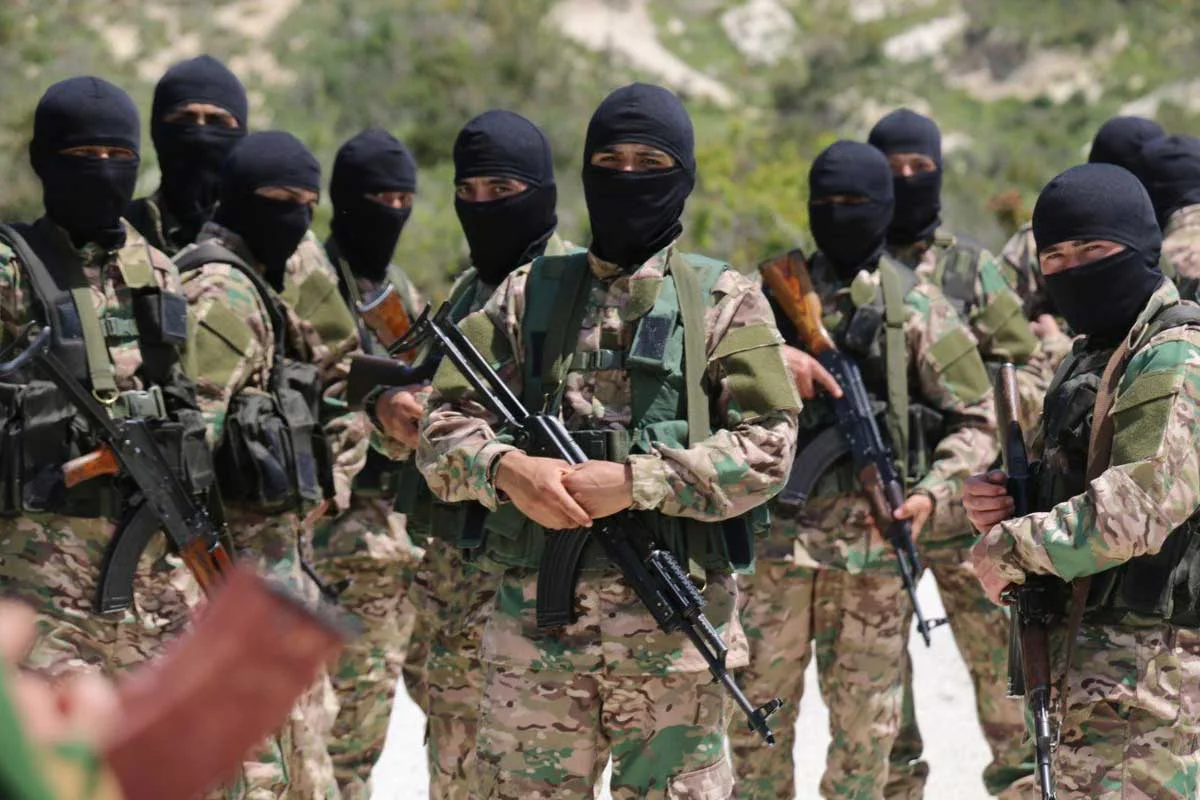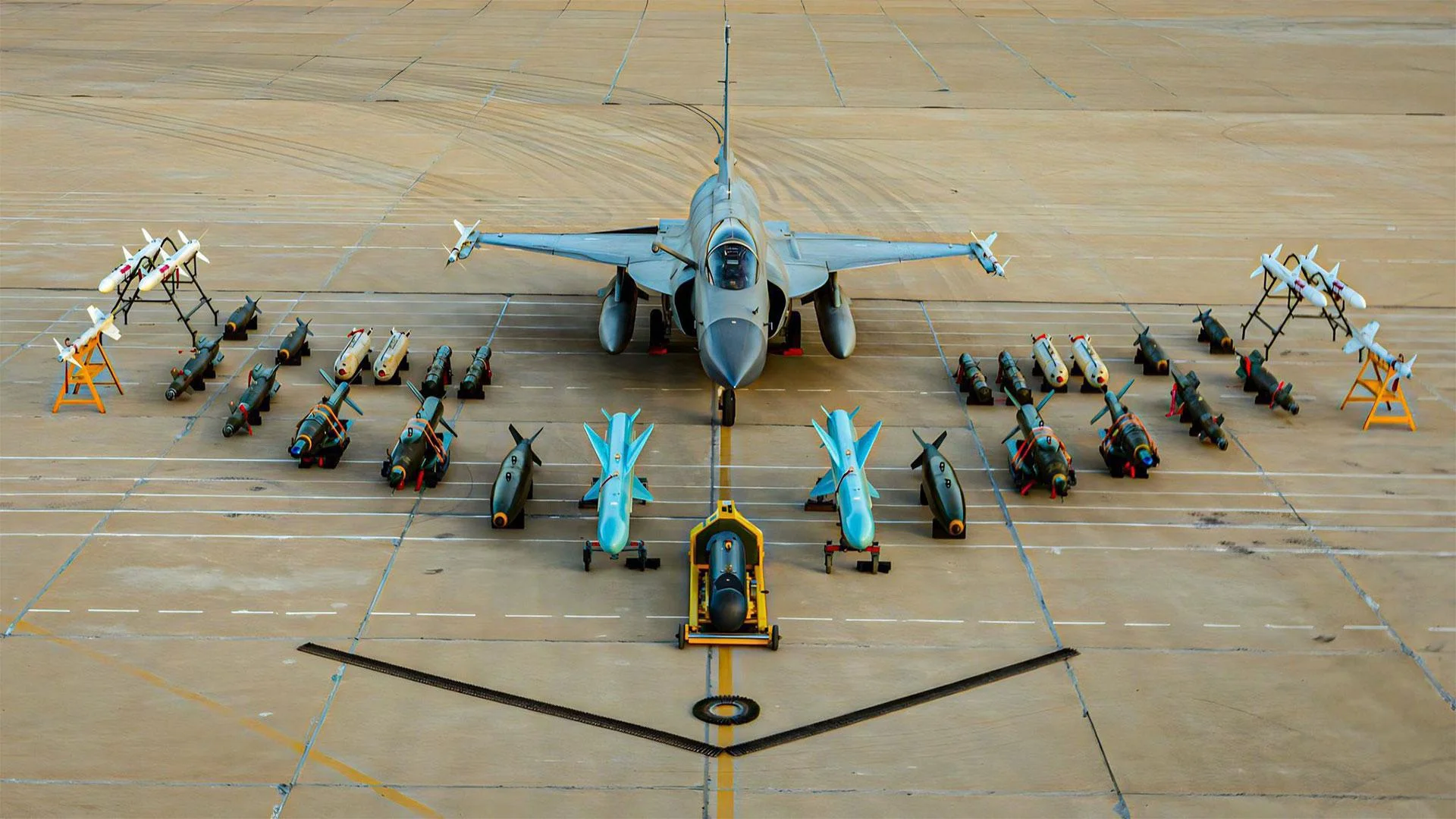The Middle East is at a crossroads, teetering on the edge of full-blown conflict. Recent tensions between Iran and Israel have ratcheted up, bringing the region closer to the brink of war. At the same time, Israeli Prime Minister Benjamin Netanyahu stated at the United Nations General Assembly (UNGA) that Israel’s reach extends throughout the Middle East. This statement signals to other countries that they should either align with Israel or face the consequences. On the other hand, Iranian President Masoud Pezeshkain is on a diplomatic mission to gain the confidence of Arab nations. He has warned that if they assist Israel by providing space, they will be treated as adversaries. Therefore, Israel’s actions have stirred the pot, while Iran’s responses have added fuel to the fire.
Iran and Israel: The Clash of Titans
After the recent clash, whether seen as a struggle between barbarism and civilization, or a tug-of-war between national identities and other factors. Therefore, the situation has become ready to explode. It has brought the two giants, Israel and Iran, to a critical juncture, each emboldened by their power. The interpretation of these events depends on one’s perspective, but one thing is clear as the day: the region is closer to war with each passing day. Time will tell how the relationship between Iran and Israel unfolds, as it remains shrouded in fluidity.
Israel’s deep and successful targeting of leaders from Hamas, Hezbollah, and Iranian Revolutionary Guard Corps (RGC) in Palestine, Lebanon, and Iran, has demonstrated that Israel’s reach extends throughout the Middle East. These operations, including the assassinations of Ismail Haniyeh in Iran, and Hezbollah’s leader in Lebanon, significantly bolster Israel’s assertion that it can locate and eliminate adversaries anywhere in the region.
The Security Dilemma
Iran and Israel have become classic prisoners of the Middle East, stuck up in the long chain of security dilemmas. The security dilemma is when actions taken by one state to increase its security end up decreasing the security of others.
Both nations see each other’s actions as a direct security threat. Israel’s military advancement is seen by Iran as a threat to its survival and integrity, pushing the two states closer to the brink of war. This escalation is triggering a cycle of tit-for-tat actions. Israel’s aggressive actions, perceived as necessary for its security, have pressed Iran into a corner, compelling Iran to retaliate despite its leaders’ repeated claims of not wanting to engage in conflict with Israel. This dynamic underscores the fragile nature of deterrence in the region, where each side’s attempts to secure itself only ratchet up the overall security. Each side’s attempts to secure itself only heighten the overall insecurity.
It’s surprising to hear that Iran’s leader has repeatedly stated that Iran does not intend to drag out this war. Yet the situation has reached a point where ending the conflict seems impossible. Iran has tried to hurt Israel through its proxies as much as it can. The real tragedy is that those who are dying are innocent civilians—children, the elderly, and others who have nothing to do with the war. Neither Hezbollah nor Hamas has borne the brunt of the conflict; instead, it’s the common people who are bearing the burden of the state’s hidden agenda. The innocent people are caught up in the crossfire, paying the price of the obscure objectives of their leaders.
A Volatile Response
Recently, Israel’s actions against key political figures and those affiliated with Islamic Revolutionary Guard Corps (IRGC) have been interpreted by Iran as existential threats. This perception has motivated Iran to respond in order to maintain its reliability and credibility. This response, however, risks spiraling into uncontrolled conflict, especially given the volatile mix of actors and interests in the region. Tehran’s missile barrage over Israel was not just a retaliatory measure but a calculated move to send a clear message to Tel Aviv and Washington. This gives a message that Iran’s capabilities should not be underestimated, and any further provocations will be met with force.
The most recent flare-ups and frictions between Israel and the Islamic Republic of Iran have their merits and weaknesses. It is increasingly apparent that one of the primary merits is deterrence; in fact, Iran’s missile strike acts as a powerful warning (deterrent). It showcases both its strength and readiness to counter any Israeli incitements. This clearly illustrates that this could hypothetically push Israel to reconsider further escalatory aggression. The escalation between the two sides has drawn significant international attention and media coverage. This situation has prompted urgent calls for diplomatic intervention from the Arab world and the international community. Such intervention could potentially lead to de-escalation of tensions and conflict.
Also See: Iran Launches 180 Missiles on Israel: Key Points
Risks of Miscalculation
On the other hand, there are prominent weaknesses as well. It stands to reason that the tit-for-tat actions increase the risk of miscalculation. Where a single misstep could lead to full-scale war with devastating consequences for the entire Middle East. A full closer examination of the situation reveals that the ongoing military actions may have severe humanitarian repercussions, with high civilian casualties and destruction of intrastate. It may have further exacerbated the suffering of the local and innocent population.
Looking at the advantages, it is abundantly clear that Tehran’s hard response sends a very clear signal and message to both Israel and the International community about its red line. This strategic move was a wake-up call, crucial to maintaining the balance of Power. Each side wants to protect their interests, which makes the situation fragile. Hence, the incumbent situation pressures the United States and its allies to step up to the plate and play a key role in mediating the conflict. This might pave the way for a more balanced approach in the future.
Economic Consequences
On the flip side, it is increasingly undeniable that the flare-ups and frictions are already in full swing. It has the potential to disrupt oil supplies from the Middle East, which could lead to significant economic consequences. This situation in the Middle East also threatens the stability of the entire region, with the potential to draw in other countries and non-state actors, leading to a broader and more destructive conflict.
Reflections on Conflict and Responsibility
War should never be the answer. Nations should focus on their own interest without seeking to expand political influence at the cost of human lives. Leaders need to remember that their decisions affect millions of civilians, people who wake up each day hoping to earn a living and support their families. If these innocent people die, it’s the leader who must bear the responsibility. Lives lost in the conflicts are lives that could have contributed to building a better future. The true means of a leader is in the lives they protect, not the power they wield.
After giving it some thought, it becomes clear that the current situation in the Middle East is pushing Israel and Iran closer to the brink of full-scale war. Leaving people around the world on the edge of what comes next. If we take a critical perspective, the confrontations between Israel and Iran show how military solutions fall short in terms of addressing deep-rooted political and ideological conflicts. Both sides might rack up some short-term wins, but the long-term costs are huge.
Before it’s too late and other regional states get sucked into this quagmire, the international community, especially the United States of America and its allies, need to step up and realize that peace can’t be brought about through force alone. We need to ramp up diplomatic efforts to tackle the real issues—territorial disputes, political grievances, and the need for a peaceful co-existence.
The Urgency of Diplomatic Intervention
There exist two scenarios here. First, the cautious stance of the U.S. and its G7 allies against Israel strike on Iran’s nuclear facilities. It shows that they are aware of the far-reaching consequences. The risk of a full-scale war disrupting the global oil supplies and destabilizing an already volatile region looms large. In fact, Israel is feeling heartened by recent actions, while Iran, signaling an end to restraint, seems ready for conflict. This situation is a powder keg, ready to explode, and the international community needs to step up before it’s too late.
Secondly, the geo-political scene is very incredible and multifaceted. An Israeli strike could incite Tehran to block the Strait of Hormuz, sending oil prices through the roof and impacting economies worldwide. The fate of regional players and their global partners is deeply intertwined, making the situation even more precarious.
The Way Forward
In conclusion, the escalating tension between Israel and Iran underscores the fragility of peace in the Middle East. Lasting peace cannot result from force alone. Regional players must urgently hold meetings and consultations before the entire Middle East is engulfed in conflict. War does not solve problems; diplomacy deserves a chance. The common people who deserve peace should not become entangled in the wars of different nations. Therefore, the international community must set up to the plate and act swiftly to prevent further conflict before it spirals out of control.
The views expressed in this article are the author’s own. They do not necessarily reflect the editorial policy of the South Asia Times.

![Amid on-going Gaza War, the brewing storm between Iran and Israel has brought the region closer to war. [Image via The Telegraph]](https://southasiatimes.org/wp-content/uploads/2024/10/TELEMMGLPICT000396950231_17282212438300_trans_NvBQzQNjv4BqZ_JcPYgesQnahAq0MEErmXFTHLY3K1gsX5lAdiZwzAY.webp)




